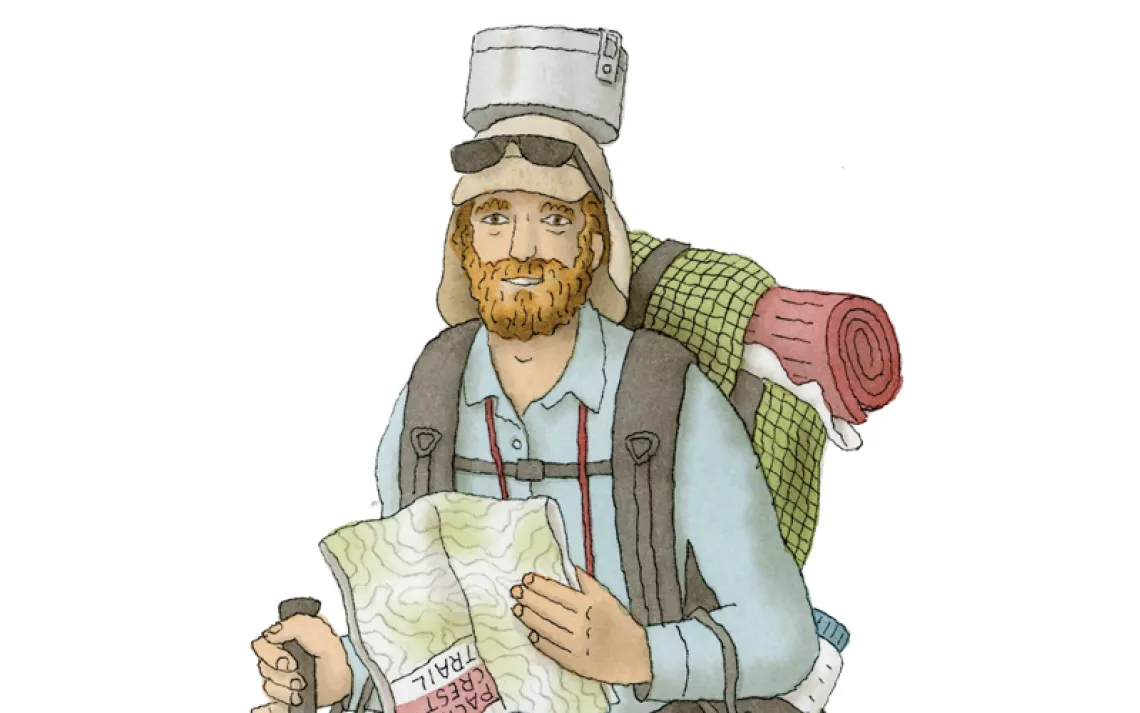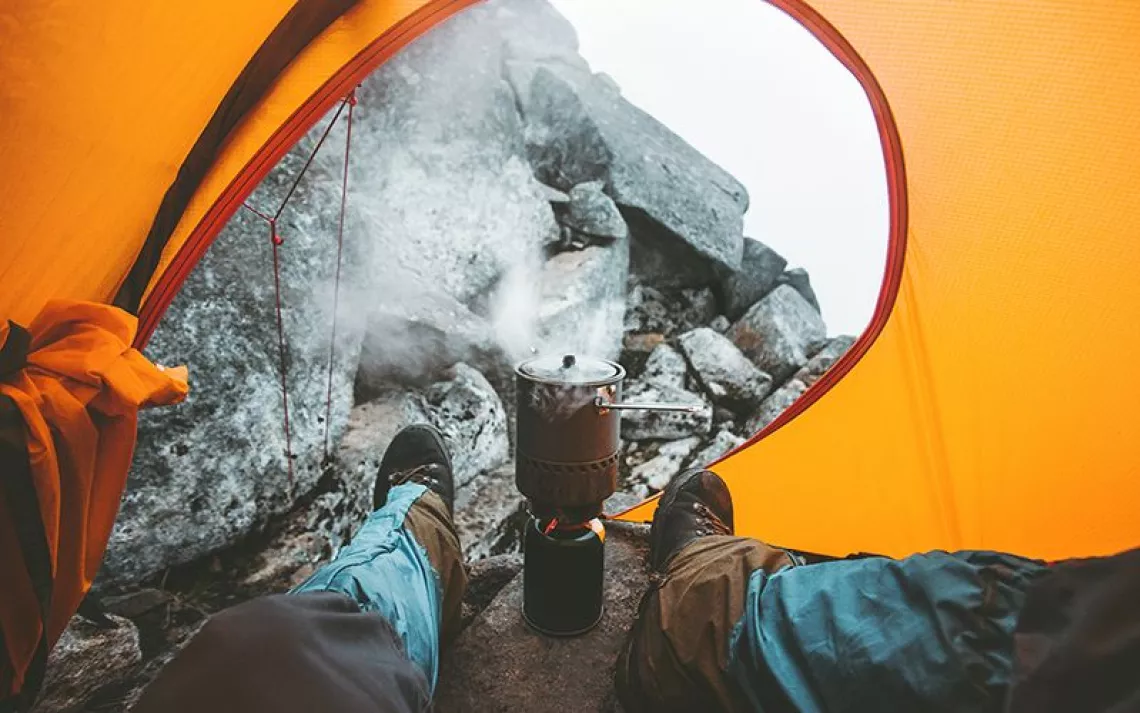ENVIRONMENT EXPLAINED
Outdoor Gear That’ll Keep You Snug and Dry, Sans “Forever Chemicals”
The government plans to crack down on PFAS—these brands beat them to it
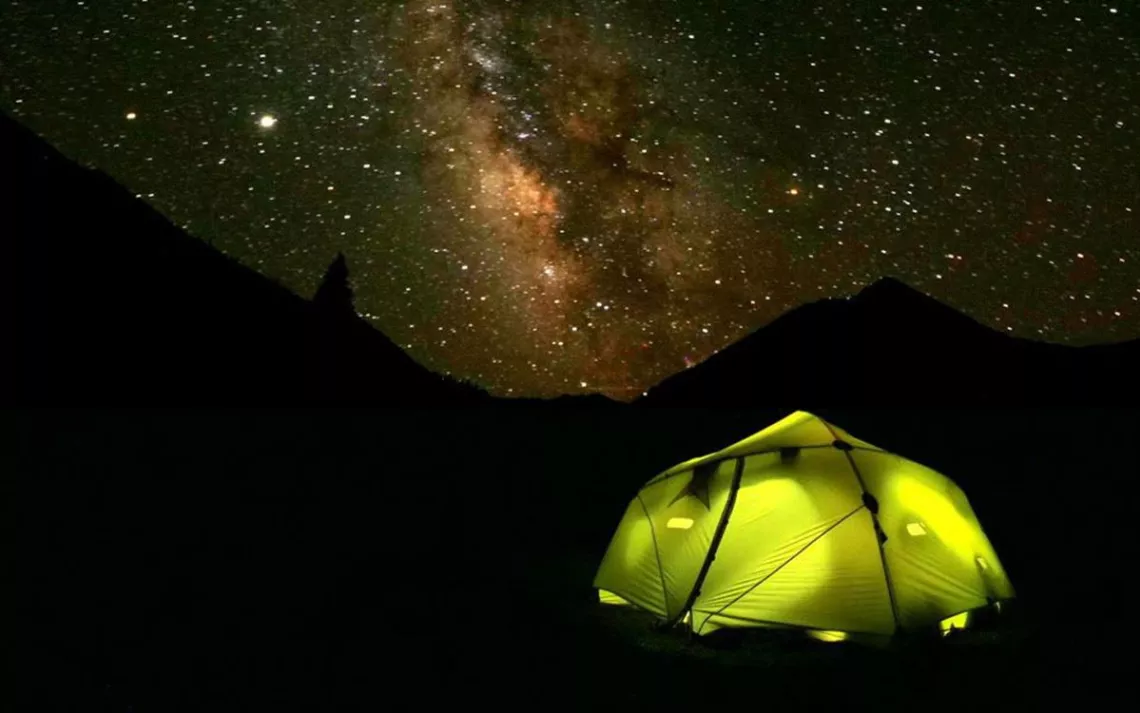
Photo courtesy of the Tent Lab
In general, I shy away from buying new gear. Perpetually chasing the latest and lightest outdoor gear is a wasteful—and expensive—endeavor. But sometimes the new thing really is an upgrade, or it just comes time to replace that pack or tent you’ve used into the ground for the past two decades.
When it comes to rainproof gear—shoes, tents, backpacks—buyers should keep an eye out for companies that forgo the use of per- and polyfluoroalkyl substances (PFAS) and their synonymous PFCs. These so-called forever chemicals do not break down in the environment, instead building up to toxic levels that can have wide-ranging and deleterious health effects.
On Monday, the Biden administration launched a broad strategy to limit exposure to PFAS—the EPA will designate them as hazardous substances under the Superfund law, move to set drinking water limits for PFAS, and require manufacturers to report on how toxic their products are.
Already, a burgeoning sector of the outdoor gear industry had been innovating ways to ditch these chemicals in the construction of waterproof and water-resistant gear. Several rain-gear makers are doing the same.
Here are a few outdoor-gear brands leading the way when it comes to backpacks, tents, and shoes.
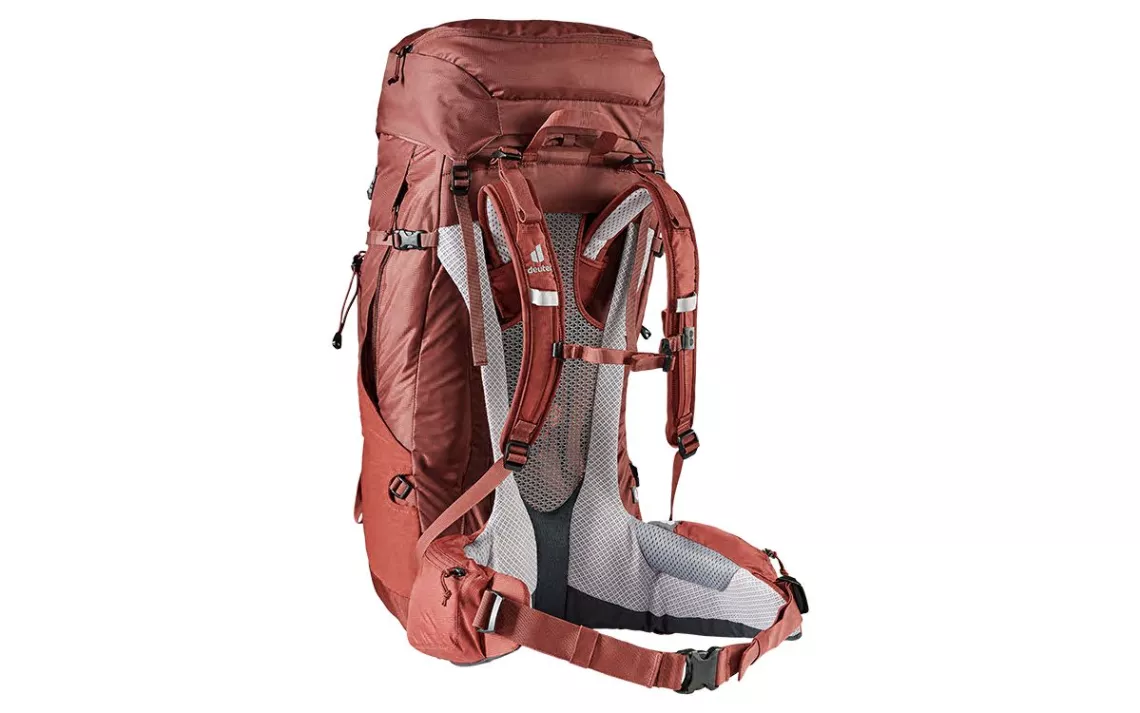
Deuter
Backpack company Deuter celebrated a milestone last summer when it officially became a fully PFC-free company. The company’s water-resistant products are treated with a PFC-free durable water-repellent finish (DWR) that Deuter claims is completely harmless to users’ health and to the environment. Deuter’s backpacks are water-resistant, and many, like the Furtura Air Trek ($250), come with waterproof rain covers. The company uses a biodegradable DWR that is bluesign-approved and made with 60 percent renewable raw materials.
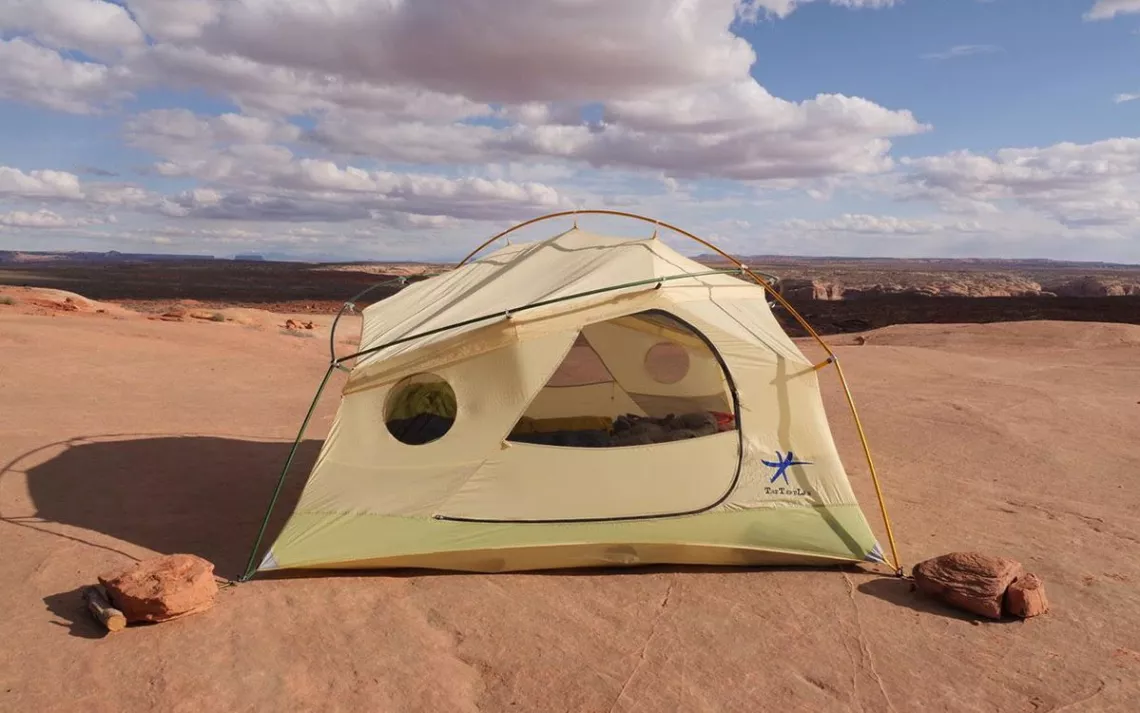
The Tent Lab
Often, buying a lightweight backpacking tent means sacrificing on interior space and features. But Mike Cecot-Scherer has designed his company, the Tent Lab, around making ultra-light tents that don’t scrimp on roominess and usability and also perform exceptionally well. They’re becoming known across the industry as being durable, easy to set up, and all-around reliable. Plus, Cecot-Scherer’s products are entirely PFC-free and have been since the company’s inception in 2003. “It’s not that hard,” he says. “You just order the fabric with silicone DWR and that should do it.” The Tent Lab’s MoonLight Tent ($450 to $825) comes in two-, three-, and four-person models.
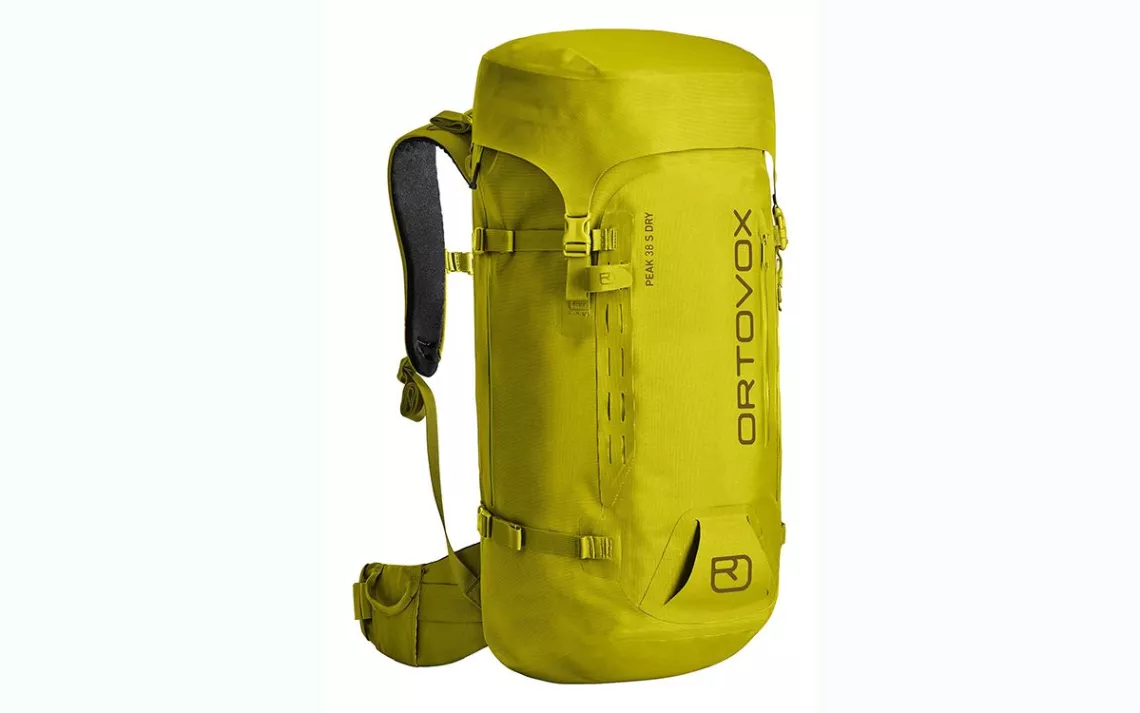
Ortovox

Make every day an Earth Day
Get articles like this one sent directly to your inbox.
With this action you affirm you want to receive Sierra Club communications and may vote on policy designated by the Sierra Club Board.
Mountaineering and alpine climbing gear-maker Ortovox set a goal to become fully PFC-free by 2024. For now, the company’s Swisswool products—mittens, gloves, jackets, pants, and vests—are all waterproof or water-resistant and PFC-free. Ditto its backpacks, including the Traverse 30 Dry ($240). Like other packs in the series, it’s made with welded, waterproof seams and water-resistant zippers. The company mixes and matches various fabrics and coatings in its products, most of which are PFC-free. Ortovox aims to become completely PFC-free by 2024; it’s currently phasing out PFC use in its hard and softshell products over the next two years.
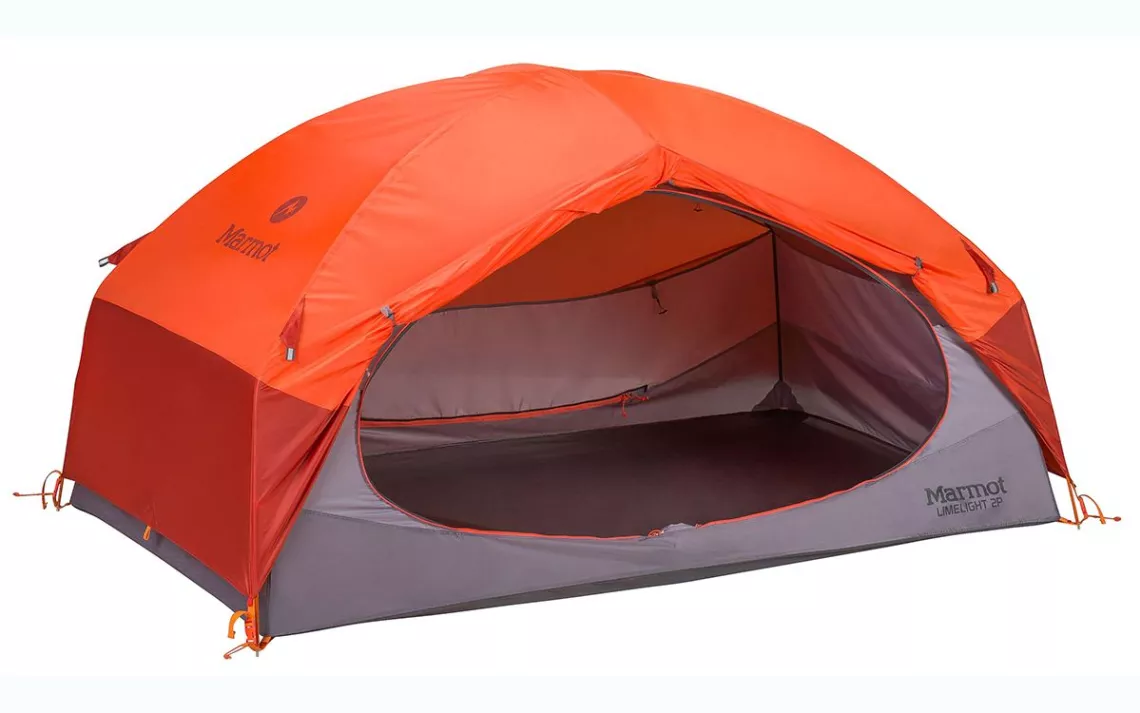
Marmot
Outdoor-gear maker Marmot is working to be completely PFC-free, an effort that extends to its lineup of tents. So far, 89 percent of units sold right now are free of forever chemicals, including the Limelight, Tungsten, Catalyst, Fortress, Torreya, Halo, and Limestone tents. Instead of using PFCs, these tents rely on a polyurethane-based coating to keep the rain out. But Marmot says it doesn’t feel completely satisfied with that waterproofing technology—it’s working with its raw materials providers to find a higher-performance version of a PFC-free DWR to apply to its ultra-lightweight tents.
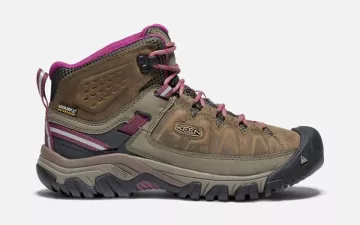
Keen
When this shoe company examined its products, it found a serious overuse of PFCs. The chemicals were everywhere, even where it was redundant or unnecessary, like in shoelaces, or in styles that weren’t designed to be waterproof, like sandals. The company started phasing out forever chemicals in 2014 and has been entirely PFC-free since 2020. Now, Keen uses a PFC-free DWR where necessary—and leaves waterproofing out of the equation entirely where it doesn’t make sense.
Waterproofing products
PFC-free waterproofing tends to wear out more quickly. Luckily, several companies make PFC-free sprays and wash-in products that repel water without relying on fluorinated chemicals. These include all of Nikwax’s waterproofing products, Granger’s waterproof spray, and all products from Green Oil, DetraPel, and Hawk Tools.
 The Magazine of The Sierra Club
The Magazine of The Sierra Club

